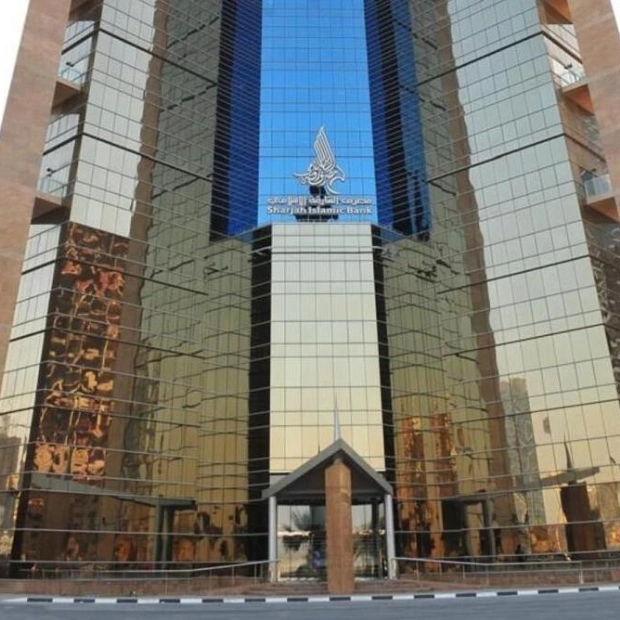In 2023, the UAE experienced a remarkable 53% year-on-year increase in real-time payment transactions, reaching 58 million, and is forecasted to escalate to 162 million by 2028, as per a recent report. The 2024 Prime Time for Real-Time report, released by ACI Worldwide in collaboration with GlobalData, predicts that the total value of these transactions in the UAE will surge from $43 billion in 2023 to $132 billion by 2028. Santhosh Rao, Senior Vice-President, Sales at ACI Worldwide MEASA, highlighted that real-time payments enhance liquidity, foster economic growth, and promote financial inclusion, but their true potential is realized only when banks move beyond traditional silo systems. With real-time payment systems now active across all GCC countries, local banks face a critical moment to embrace technology as a driver for innovation, modernizing their infrastructure to fully capitalize on the benefits of real-time payments.
The rise in real-time and electronic payments marks the UAE's resolute transition to a cashless economy. In 2023, electronic transactions made up over 37% of all transactions in the UAE and accounted for 78% of the transaction value. Notably, real-time payments constituted 4% of electronic transactions in the UAE last year, expected to rise to 7% by 2028. The ACI report envisions a future where cash transactions will shrink to just 20% of the total transaction value by 2028. Rao emphasized that active collaboration is vital for a robust real-time payment ecosystem, requiring banks to balance competition and cooperation with emerging market players. Successful real-time payment systems, such as those in India, demonstrate various methods like QR codes, mobile apps, and online accounts, pushing the envelope on innovative uses. With the Middle East spearheading global growth in real-time payments, financial institutions should leverage these insights to develop their own pioneering solutions.






